East Asian cities showcase best practices at Resilient Cities Asia-Pacific 2016
Seven East Asian cities including Guangzhou, Shenzhen, Taichung, Pingtung, Kitakyushu, Yokohama and Ulaanbaatar showcased their actions and achievements in strengthening urban resilience at the Resilient Cities Asia-Pacific 2016 held in Melaka, Malaysia, March 2-4.
Zhu Shu, Regional Director of ICLEI East Asia Secretariat and ICLEI’s China Representative, chaired the session on “Resilience Actions in East Asian cities” held on March 2, where experts and city representatives from the East Asia region shared their experience and innovation in tackling risks and challenges brought or intensified by climate change.
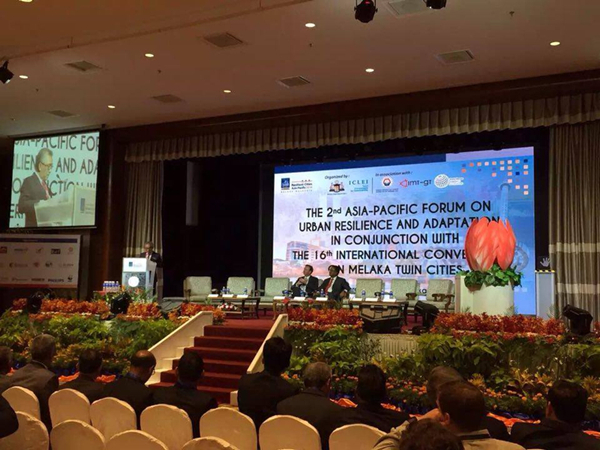
Opening ceremony at Resilient Cities Asia-Pacific 2016
Ulaanbaatar and Shenzhen: Urban resilience through integrated low-carbon city development
Bolormaa Ganbold, Head of Environment and Green Development from Ulaanbaatar City, shared the challenges faced by her city and its future plans and solutions, particularly on cutting GHG emission to tackle air pollution, implementing R3 (reduce, reuse and recycle) principle to reduce waste, and adopting integrated water management approach to ensure urban water security.
Providing an overview of Shenzhen’s low-carbon projects, Ma Shaoqiang, Deputy Director General of Shenzhen Development and Reform Commission, presented the practices related to urban resilience in these projects.
Kitakyushu, Yokohama and Pingtung: Smart energy and technologies
Tomoko Takemoto from Kitakyushu’s Environmental Bureau shared two best practices from her city: Hydrogen Town, the world’s first proof-of-concept energy model town to reuse hydrogen produced by factories as a by-product to generate energy for public, commercial and residential buildings; and Smart Community Creation Project, where energy use per region are optimized via a smart management system that coordinates both current and new energy supply.
Yuhei Hatano, officer from Yokohama introduced the Nippa-Suehiro Main Line used to collect rainwater and Yokohama Smart City Project to manage the city’s energy system that incorporates the processes of production, transmission and consumption.
Chen Ming-Der, Assistant Executive Director from Pingtung shared his city’s experience in utilizing solar energy technology and how the once unused Guangtasi wetland is turned into a self-sufficient district by building long-legged houses and industries.
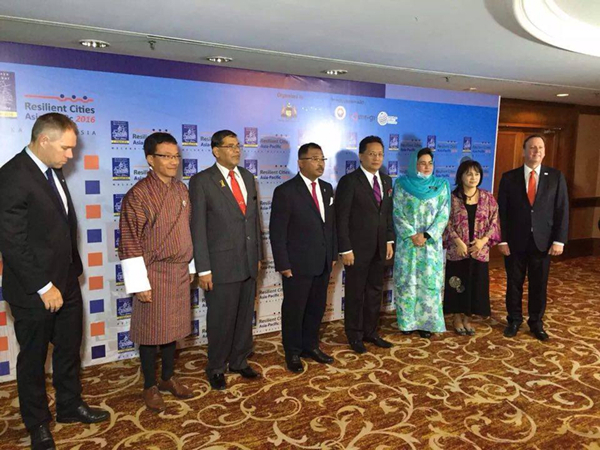
Some of the speakers at the opening ceremony of the Resilient Cities Asia-Pacific 2016
Guangzhou and Taichung: Emergency management and risk assessment
Representing Guangzhou, Lei Weiju, Deputy Director General of Guangzhou Foreign Affairs Office, introduced the city’s institutional framework, regulations and relevant awareness promotion activities on emergency management. Citing a recent snowstorm caused by a sudden cold wave from the north as example, Lei explained how setting up an on-site operation office and shelters were effective in addressing train delays that affected over 100,000 passengers in the railway station.
Chen Yufang, Public Health Inspector, from Taichung introduced the city’s strategies and measures in responding to major disasters such as typhoon and earthquake. Some of the actions included conducting climate risk assessment and vulnerability study, and developing monitoring and warning system.
Sponge City: water in urban resilience
Besides cities presentation, Che Wu, Professor from Beijing University of Civil Engineering and Architecture, also introduced the concept of “Sponge City”, China’s national initiative on urban water management by China to tackle urban flood, pollution, drought and groundwater problems. Integrating green and grey infrastructure, Che explained that sponge city is a strategy that combines small-scale, distributed solutions at source with multi-scale, distributed and centered storm water infrastructure.
Started in Bangkok in 2015, and built upon ICLEI’s Resilient Cities congress series based in Bonn, Germany, the Resilient Cities Asia-Pacific is an annual forum on urban resilience and climate mitigation focusing the Asia-Pacific region.
Linked to the original text:
-
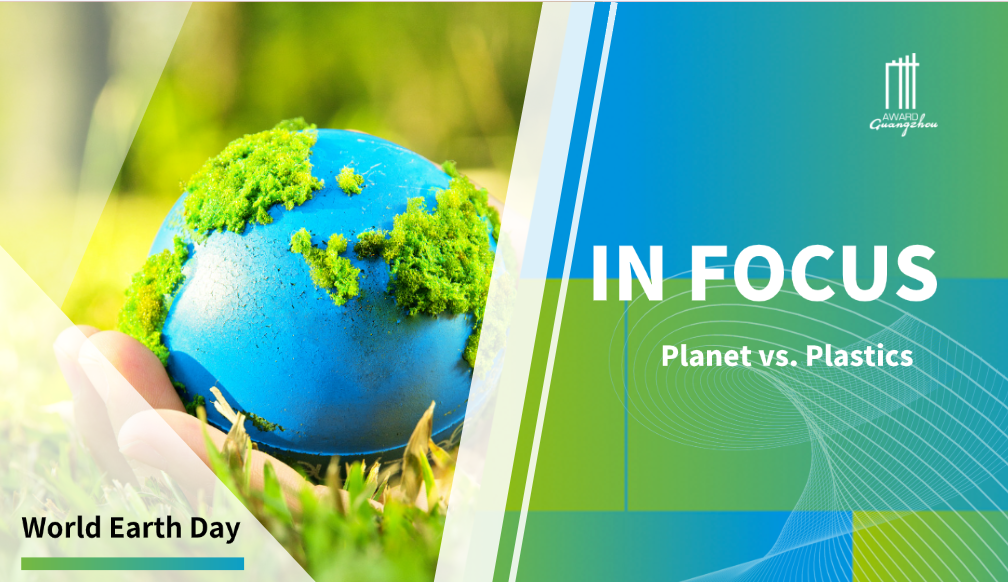 In Focus | The World Earth Day: Planet vs. Plastics
In Focus | The World Earth Day: Planet vs. Plastics -
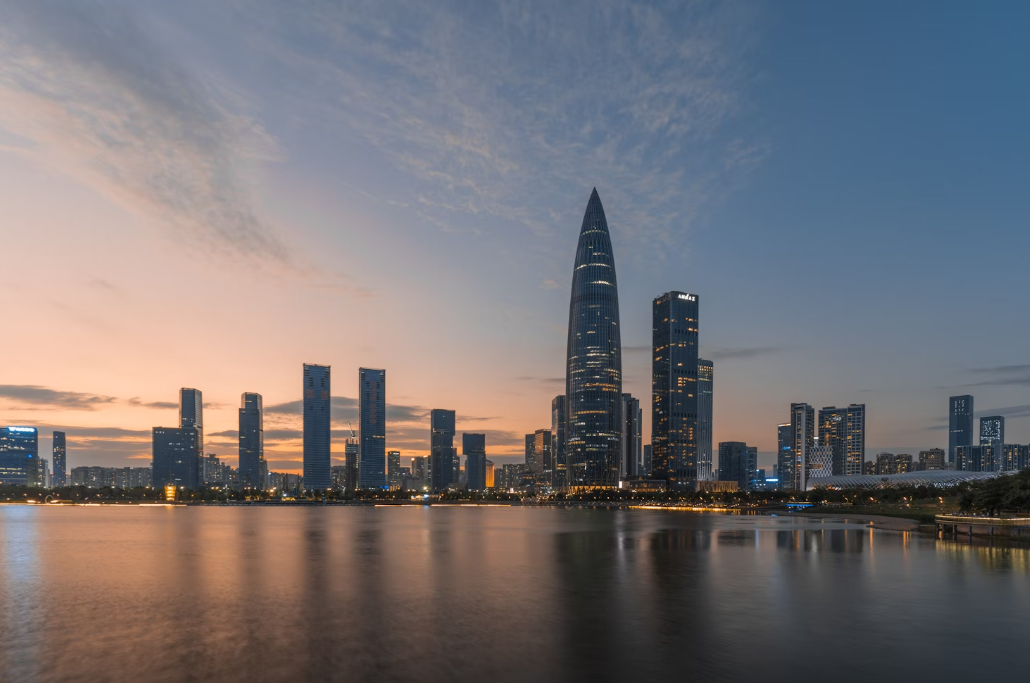 Urban Innovation in China | Shenzhen: How to Maintain Momentum to Achieve Carbon Peak by 2030 While Leading Green and Low-Carbon Development?
Urban Innovation in China | Shenzhen: How to Maintain Momentum to Achieve Carbon Peak by 2030 While Leading Green and Low-Carbon Development? -
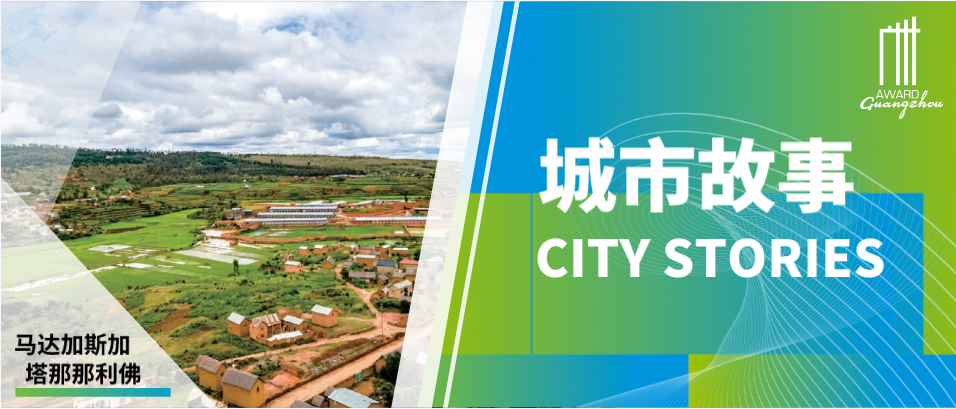 City Stories | Antananarivo, Madagascar: Building Resilience in the City Food System
City Stories | Antananarivo, Madagascar: Building Resilience in the City Food System -
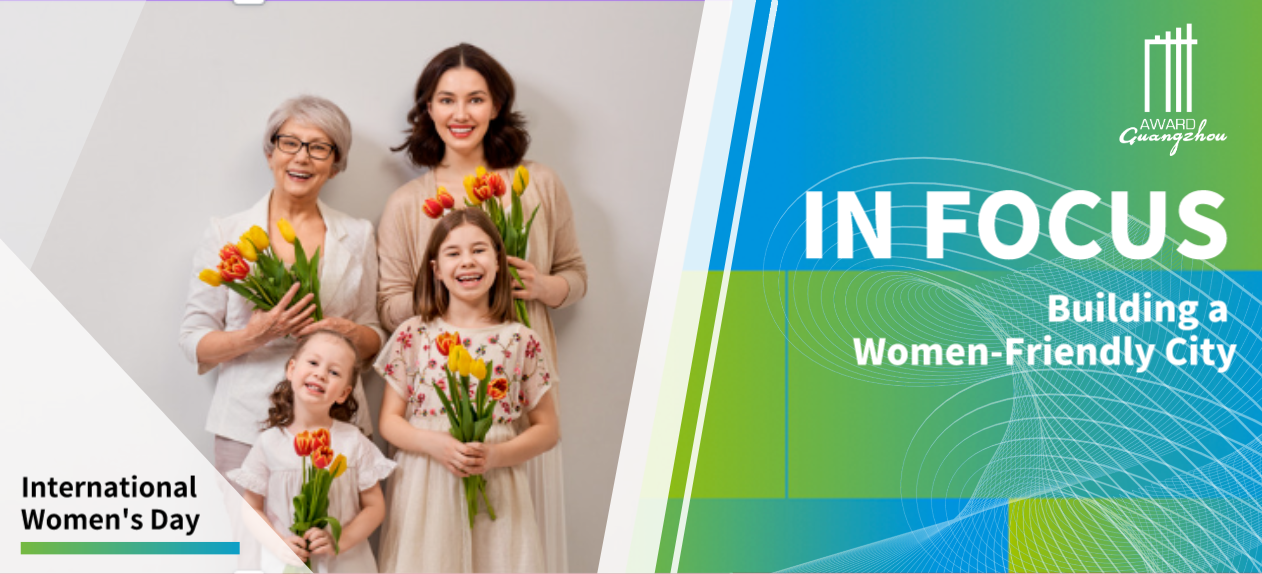 In Focus | International Women’s Day: Building a Women-Friendly City
In Focus | International Women’s Day: Building a Women-Friendly City























 Tel: +86 20 3780 4434
Tel: +86 20 3780 4434 Email: info@guangzhouaward.org
Email: info@guangzhouaward.org Address: Rm 1609, FuLiXinTianDi, No.307 Guangzhou Dadao Zhong, Yuexiu District, Guangzhou, Guangdong, 501600, PRC
Address: Rm 1609, FuLiXinTianDi, No.307 Guangzhou Dadao Zhong, Yuexiu District, Guangzhou, Guangdong, 501600, PRC




